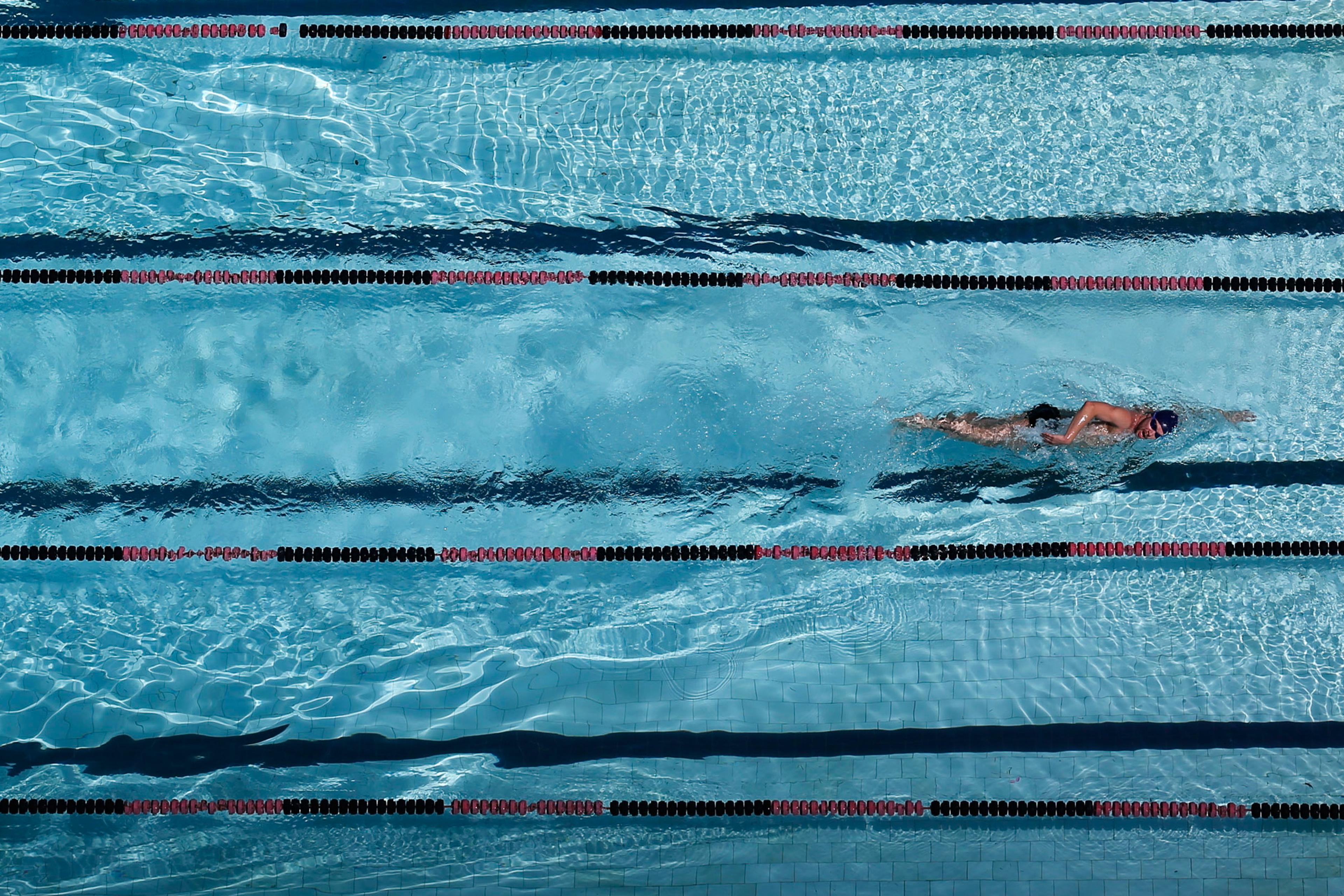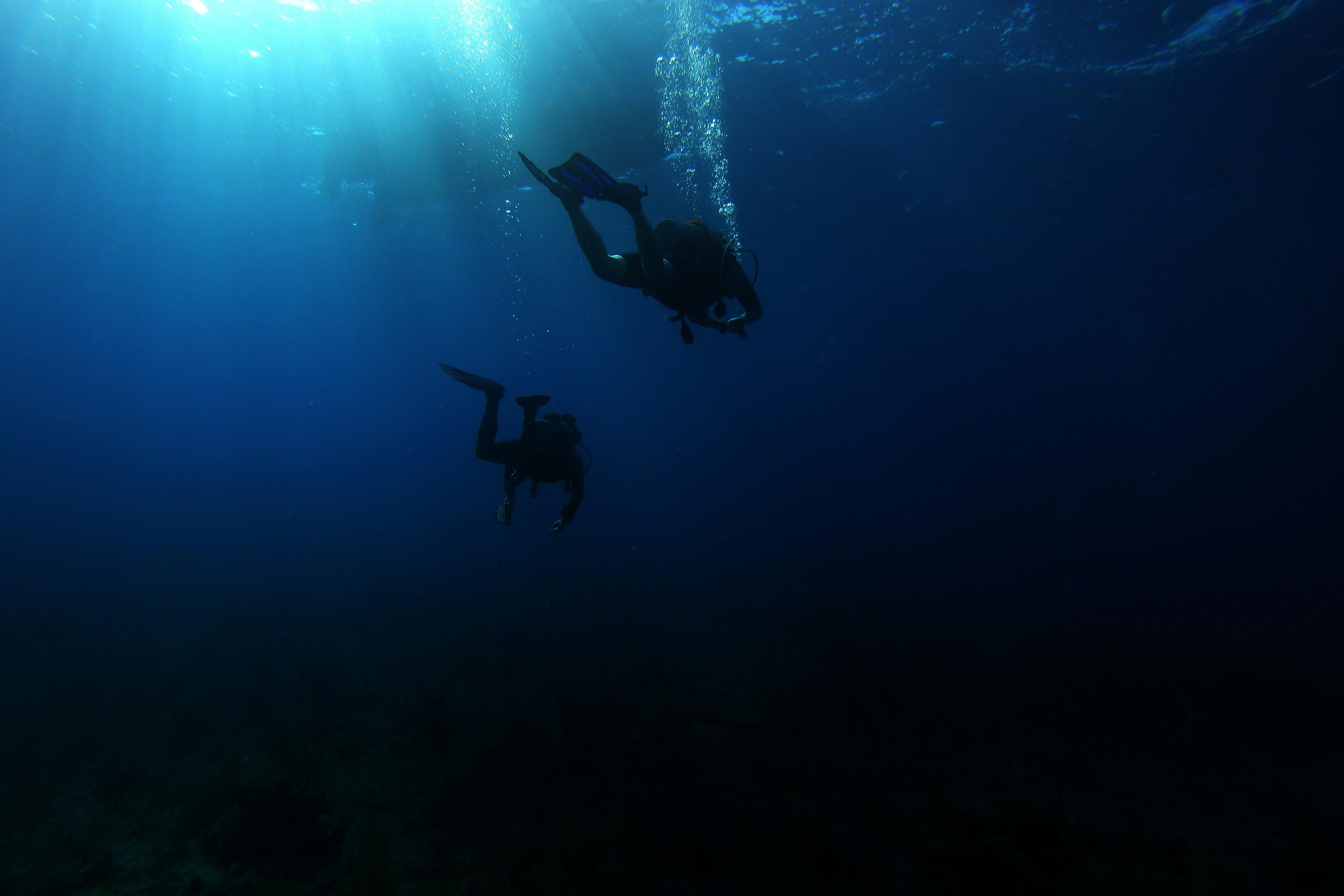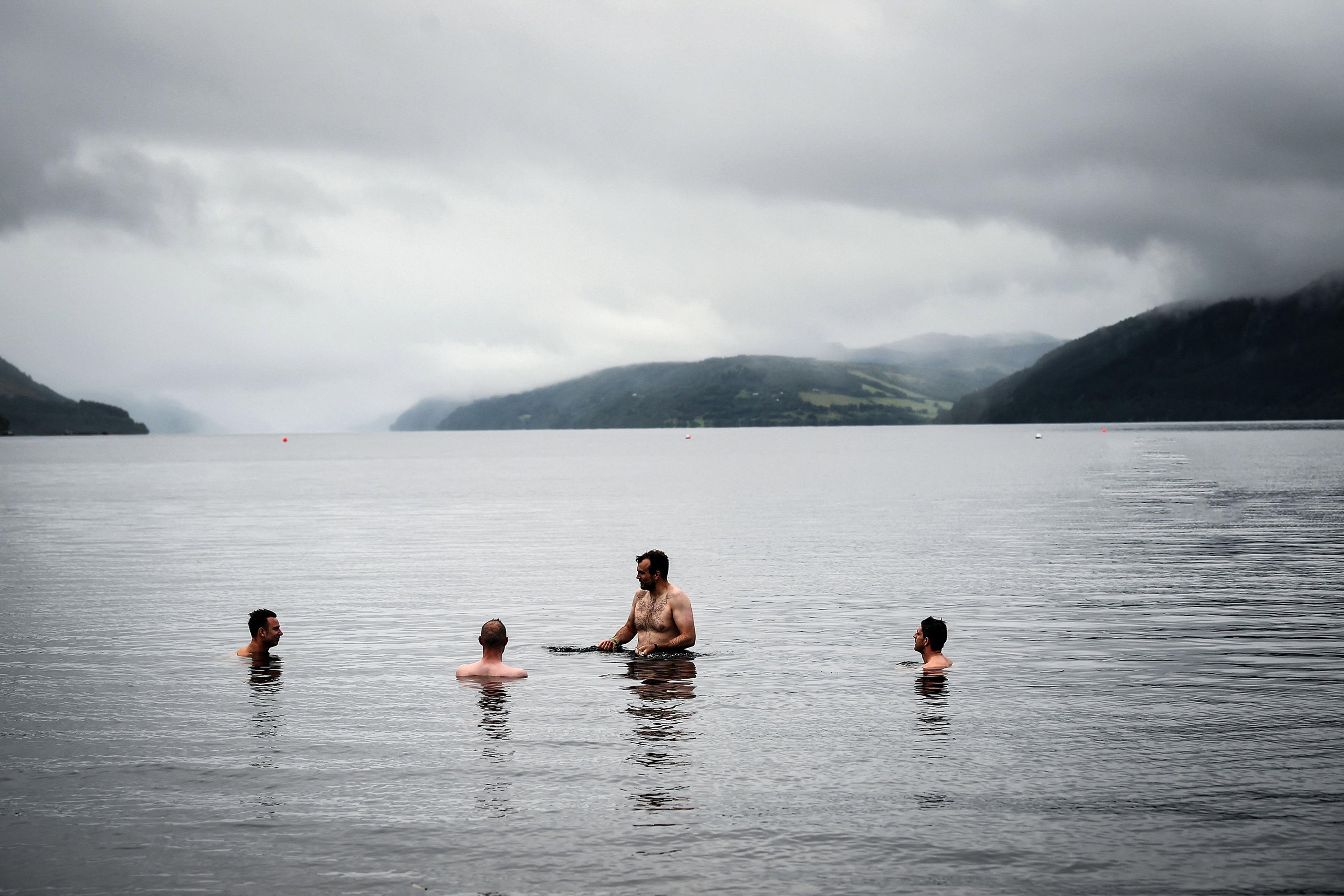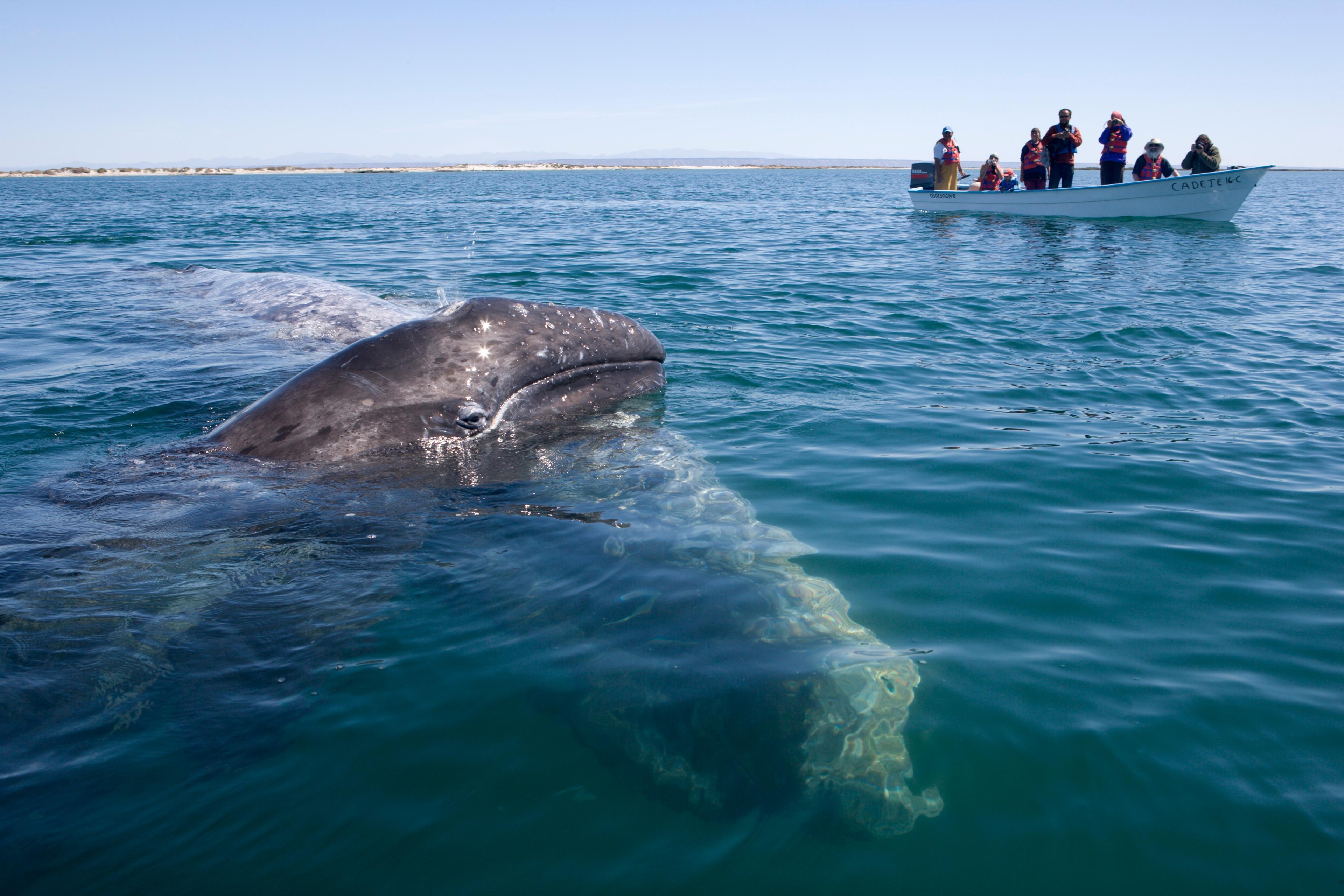The exhilarating effects of open-water swimming start upon arrival. A secluded shore, the sun just above the line of the horizon. After the ungainly dance of a public disrobing, a hesitant toe dips into the water, followed by the relief of plunging into the liquid element. Nothing soothes the mind nor sharpens the senses quite like a wild swim. And the practice reached a wider audience thanks to the COVID-19 pandemic lockdowns. With gyms and swimming pools closed, many people took to rivers, lakes and seas for their exercise and endorphins. And it’s no passing enthusiasm, either: the reported benefits of wild swimming for mental health are so strong that some doctors are even offering ‘social prescription swimming’ to patients with depression and anxiety.
But Arthur Ward discovered all this for himself, long ago. His earliest memory of swimming in the Irish Sea goes back to when he was seven. The water was warmer ‘in them days’, he says; or maybe it was just that he and his friends were young and they didn’t feel it? His father was a man of the sea too, away so often and for so long that Arthur doesn’t remember him much, not least because he died when Arthur was still only a boy. To help pay the bills, the son became a sailor like his father, until a horrific accident 20 years ago brought Arthur aground, leaving him with a legacy of numerous operations as well as post-traumatic stress disorder.
The sea has played a new role for him since then, as a site of rehabilitation and ritual, and it remains his favourite place. He swims twice a day, and it doesn’t matter if he’s in for 10 seconds or 10 minutes, he says – when he’s in the sea, his mind is clear. Filmed by his daughter, the London-based filmmaker Leonn Ward, Arthur stands on the shore at Dublin Bay at sunset, the sky streaked with clouds the colour of salmon and pewter and heather. While he gazes out meditatively over the water to the lighthouse and the twin chimney stacks at Poolbeg, the camera lingers, equally meditatively, on his soft, wrinkled face and his strong, scarred legs.
Periodically, the lapping sea and its pastel skies are intercut with monochrome scenes of a grey-bearded singer performing a sean-nós, or traditional Irish song, in a pub. ‘The hardest time in a sailor’s day / Is to watch the sun as it dies away,’ goes this melancholy sea shanty about a sailor away from home. ‘The finest ship that sails to sea / is still a prison for the likes of me.’
Freed from that prison, Arthur seems both at peace and at home, watching the dying sun with his feet planted firmly in his beloved sea, a testament to his spirit and resilience in the face of trauma.
Written by Elena Seymenliyska







